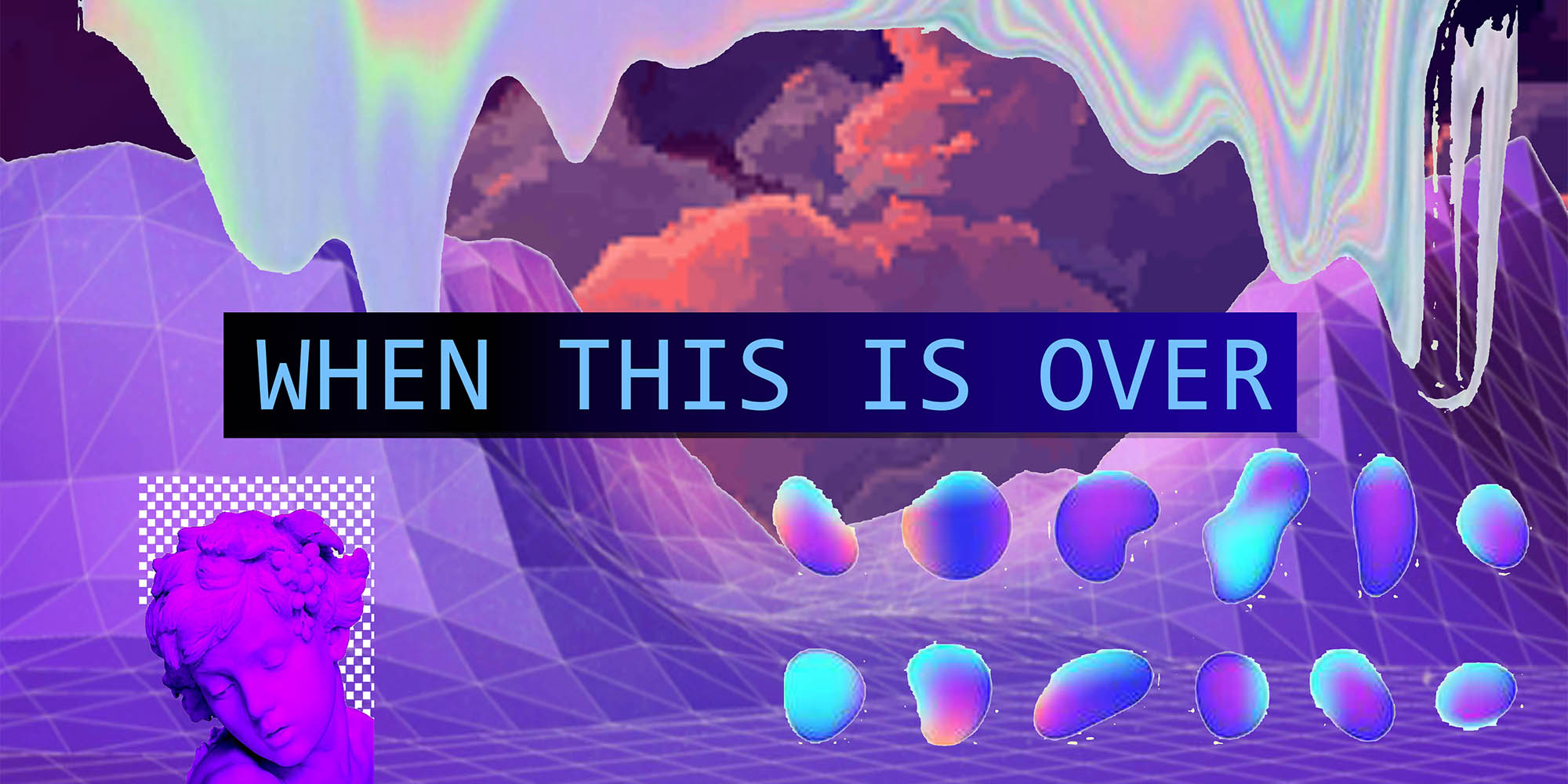Artists from Johannesburg, Cairo and Jerusalem share innovative and sustainable ideas on contemporary issues, allowing outsiders to participate. They reflected on future technologies, their challenges and solutions, because the lockdown posed a challenge to people without access to technological equipment in these areas. The artists at the Ars Electronica Gardens from the AFRICA & MIDDLE EAST regions have incorporated this fact into their work, and here we’d like to introduce some of them to you:
Ars Electronica Garden CAIRO
When technology is used in a city like Cairo to address specific development challenges, questions of security, privacy and transparency arise. To what extent are we allowed to intervene in the lives of others and collect data? What is still ethically acceptable in new technology?
“We wanted to create a program for Egyptian artists that would allow them to explore and produce at the interface of art, technology, design and digital culture in a way that encourages experimentation and exchange.”
WE ARE DATA deals with these questions and explicitly with the complexity of technology and data in the 21st century. Six Egyptian artists have developed this project to create a space for dialogue, collaboration and experimentation. The focus of the artists is on transdisciplinary art education and art production in Egypt. The exhibition shows a film that shows Egypt through the eyes of these 6 upcoming artists from the field of new media, sharing their inspirations.
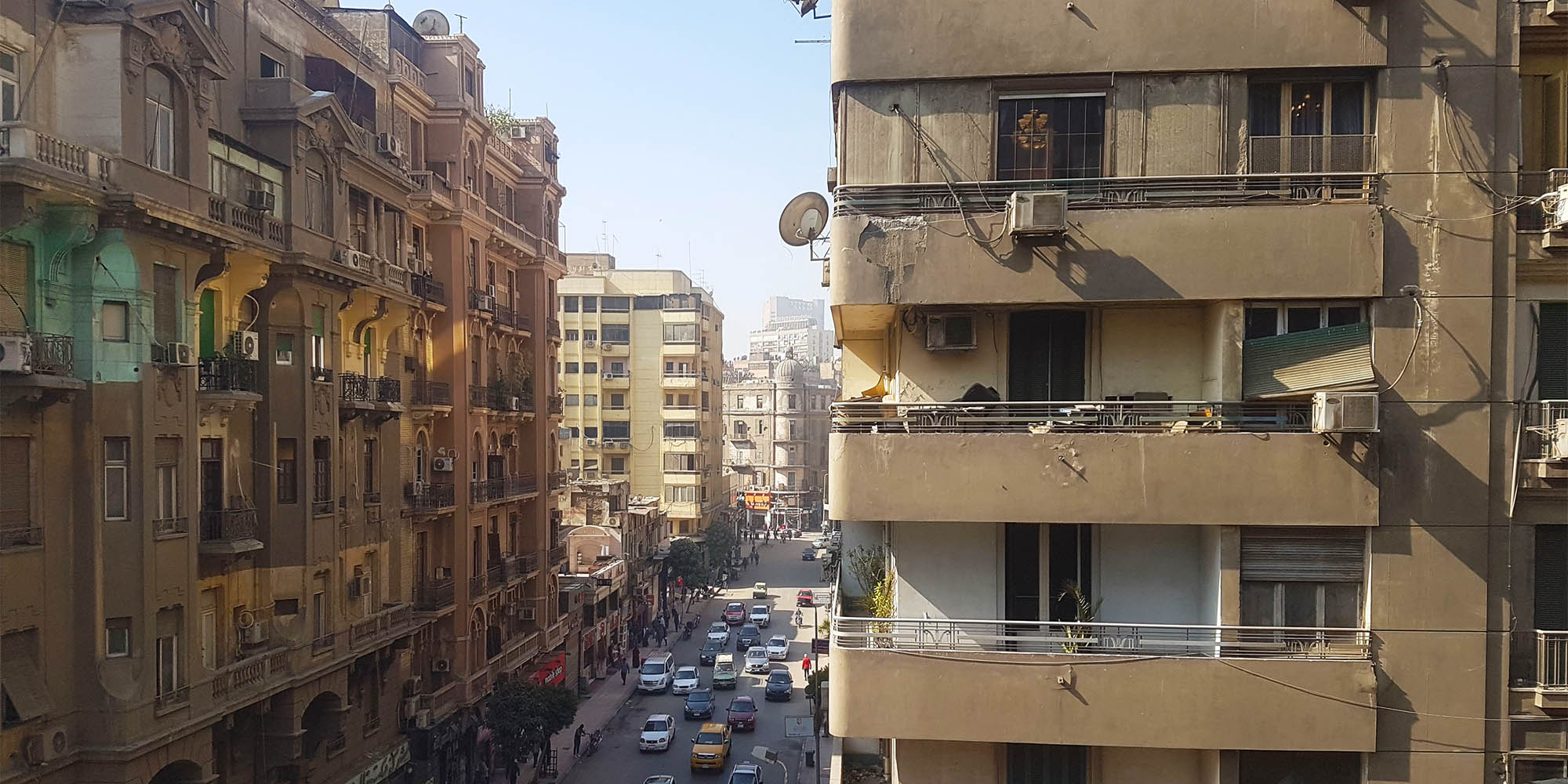
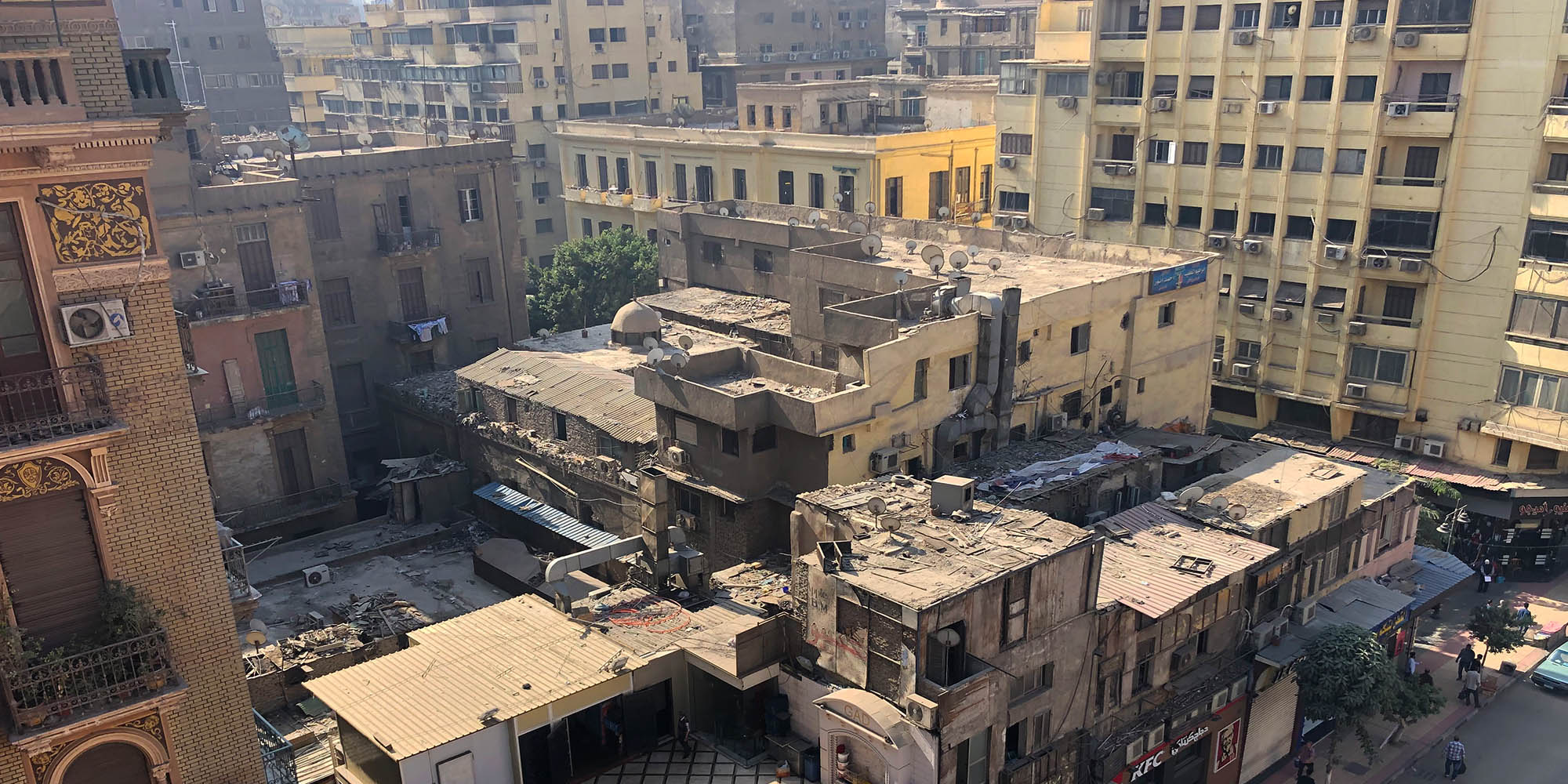
Ars Electronica Garden JERUSALEM
Over the past year, the Musrara Sonic Art Research Group has explored various techniques for the representation of sound and music in 3D spaces, both physically and virtually, exploring the artistic, philosophical and technical aspects that arise from this practice. The group launched their idea in March of this year, but then the lockdown spread throughout the country due to Covid-19 and they had to stop all activities and had to stay at home.
“With the movie Finding Amir and with the help of spatial and sound illusions, we will try to touch the incoming questions about the imaginary realities that lie behind the walls of digital and symbolic representation.”
But that has not stopped them. One group member, Amir Meir, decided to spend his isolation in a cave in the Judean desert near Jerusalem. Amir set off and has stopped all communication since then. Now that the restrictions have been eased, other members of the group have decided to travel to the desert, find Amir and explore the connection between his insights from this experience and the field of 3D sound. The journey will be documented in a short film, supplemented by binaural sound recordings and compositions.
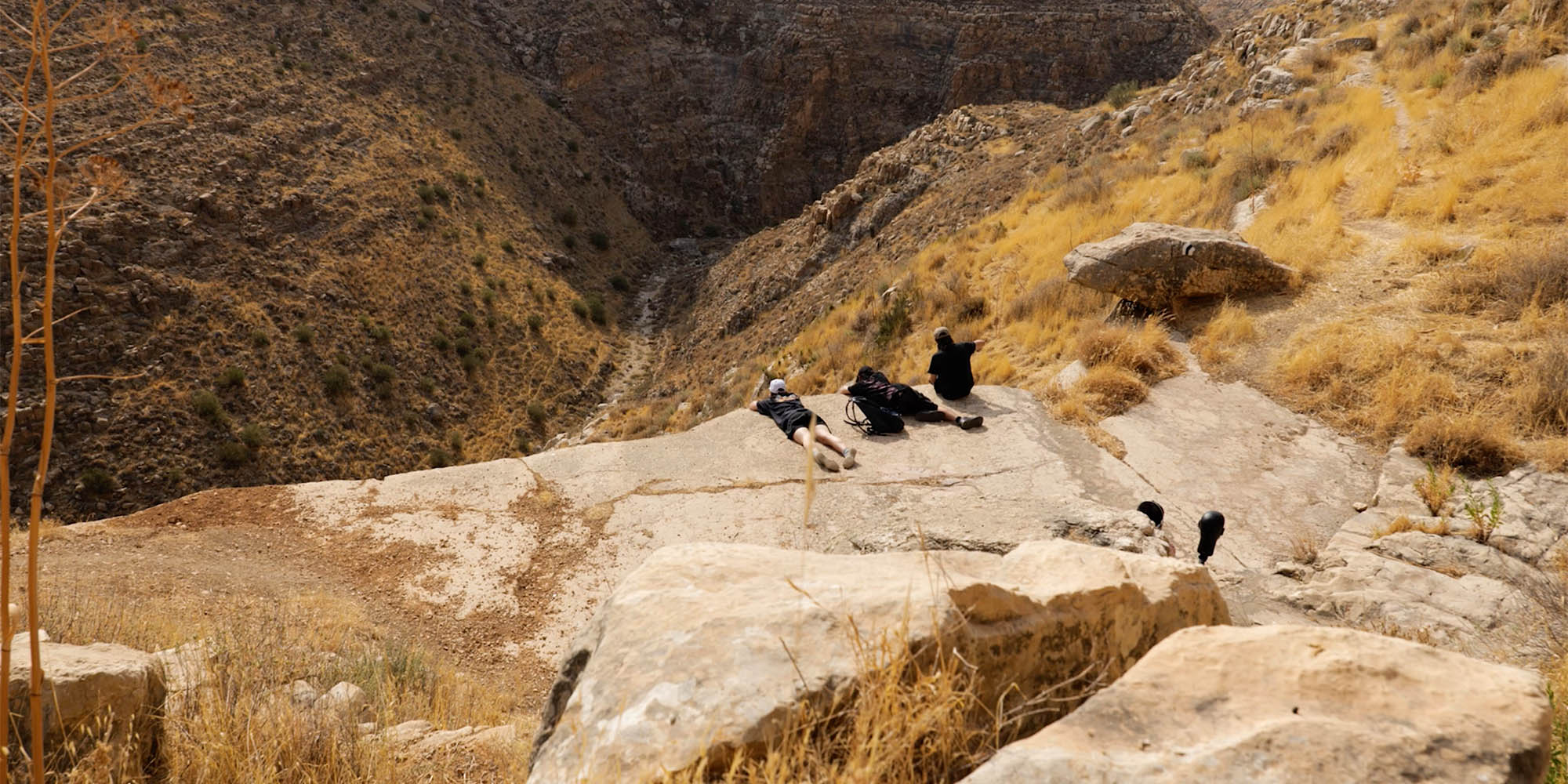
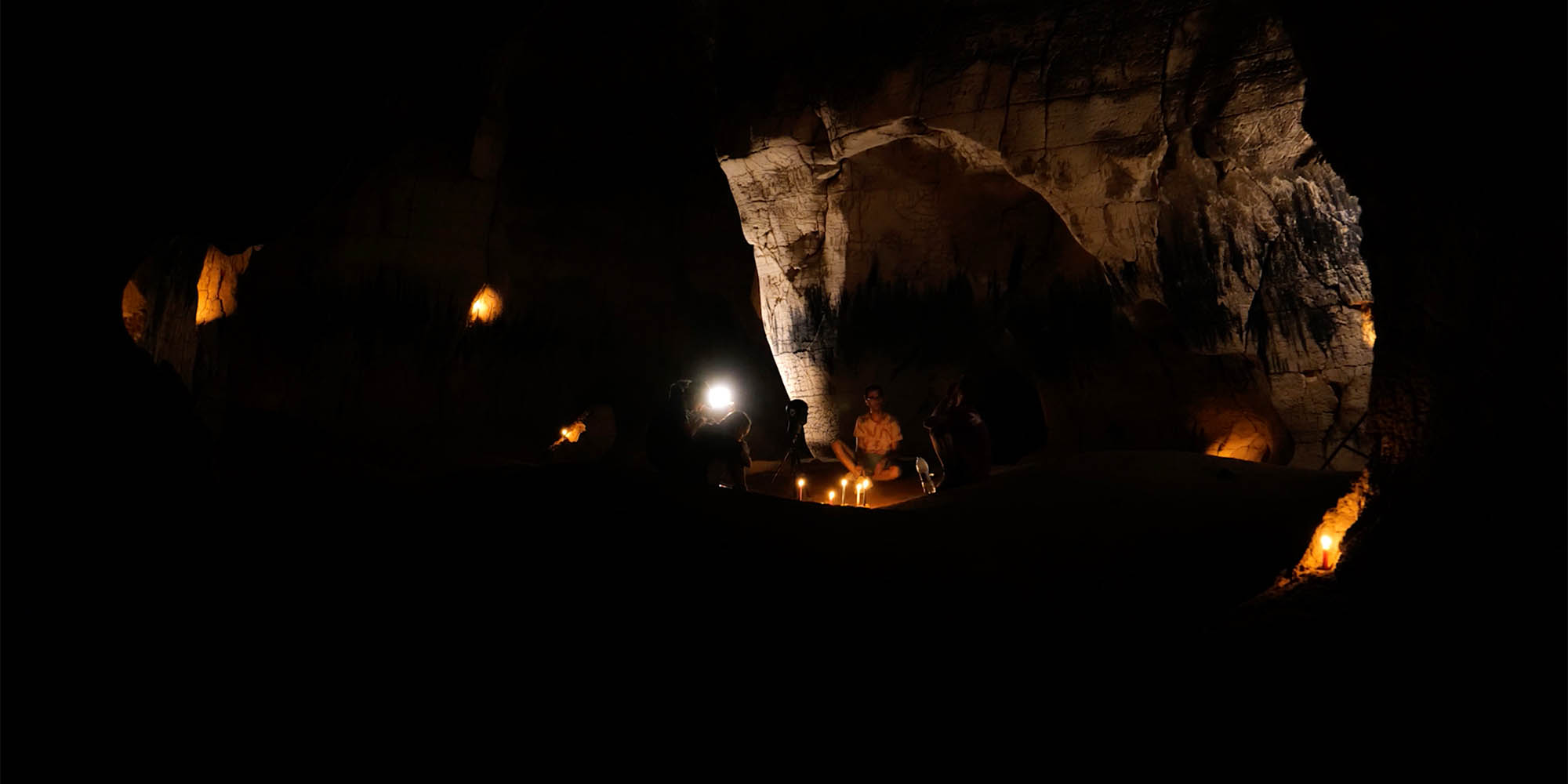
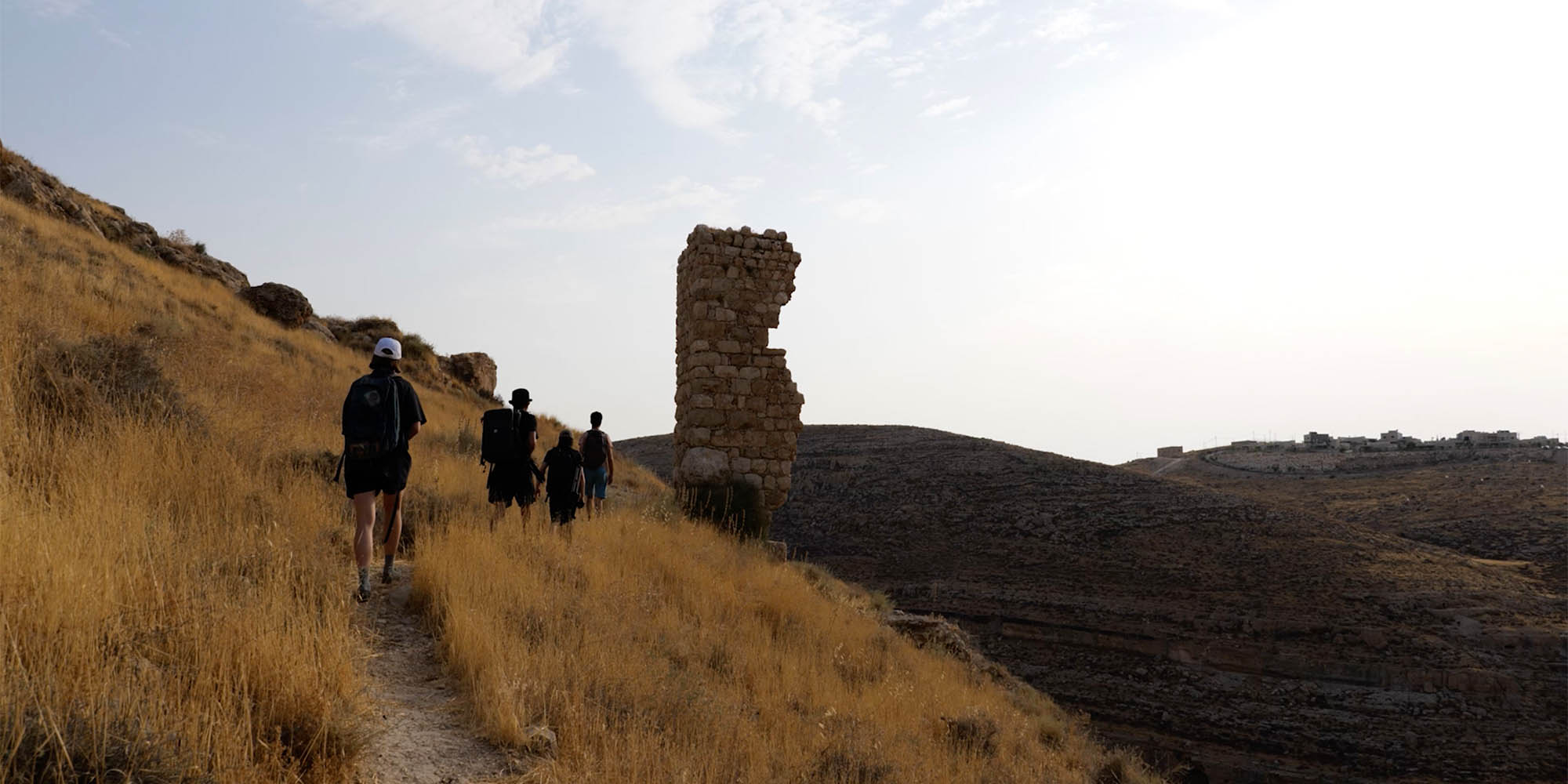
Ars Electronica Garden JOHANNESBURG
The lockdown has encouraged communities to go online to both create and access art. This has led to new developments for African artists in a highly networked, global environment. However, the gap between those who have access to data and technology and those who do not have access has prevented many and has become a new barrier.
The Fak’ugesi Pan-African Garden is a collaboration of partners, in particular the Vrystaat Arts Festival, the Program for Innovation in Art Form Development (PIAD) of the University of the Free State and the Fak’ugesi Festival. The aim is to promote digital and creative solutions for Africa, to stimulate the imagination and to network local talent. Africa’s digital creative resolution includes these projects:

Virtual Black Out: Experiments in the Future of Form
Developed for the National Arts Festival in collaboration with the POPArt & Fak’ugesi Festival, Virtual Black Out takes a step into digital “space” design. It employs African scenographies and digital artists to rethink space, place and time for new digital theater productions. Five works were developed within two weeks in the lockdown.
Pan-African Telematic Art Project (PATAP)
Is a new initiative of the Vrystaat Arts Festival by the Pan-African Creative Exchange (PACE), in partnership with the Fak’ugesi Festival and the Program for Innovation in Arts Development (PIAD) of the University of the Free State. It offers financial support for African artists to produce interactive media on the continent’s problems.
Fak’ugesi Digital Africa Curator Focus
In 2020, the Fak’ugesi Festival aims to promote curators, producers and advocates of African digital and technological art. Following an African curatorial boot camp, commissions focusing on digital works will take shape. Join the curators in the planning and development.
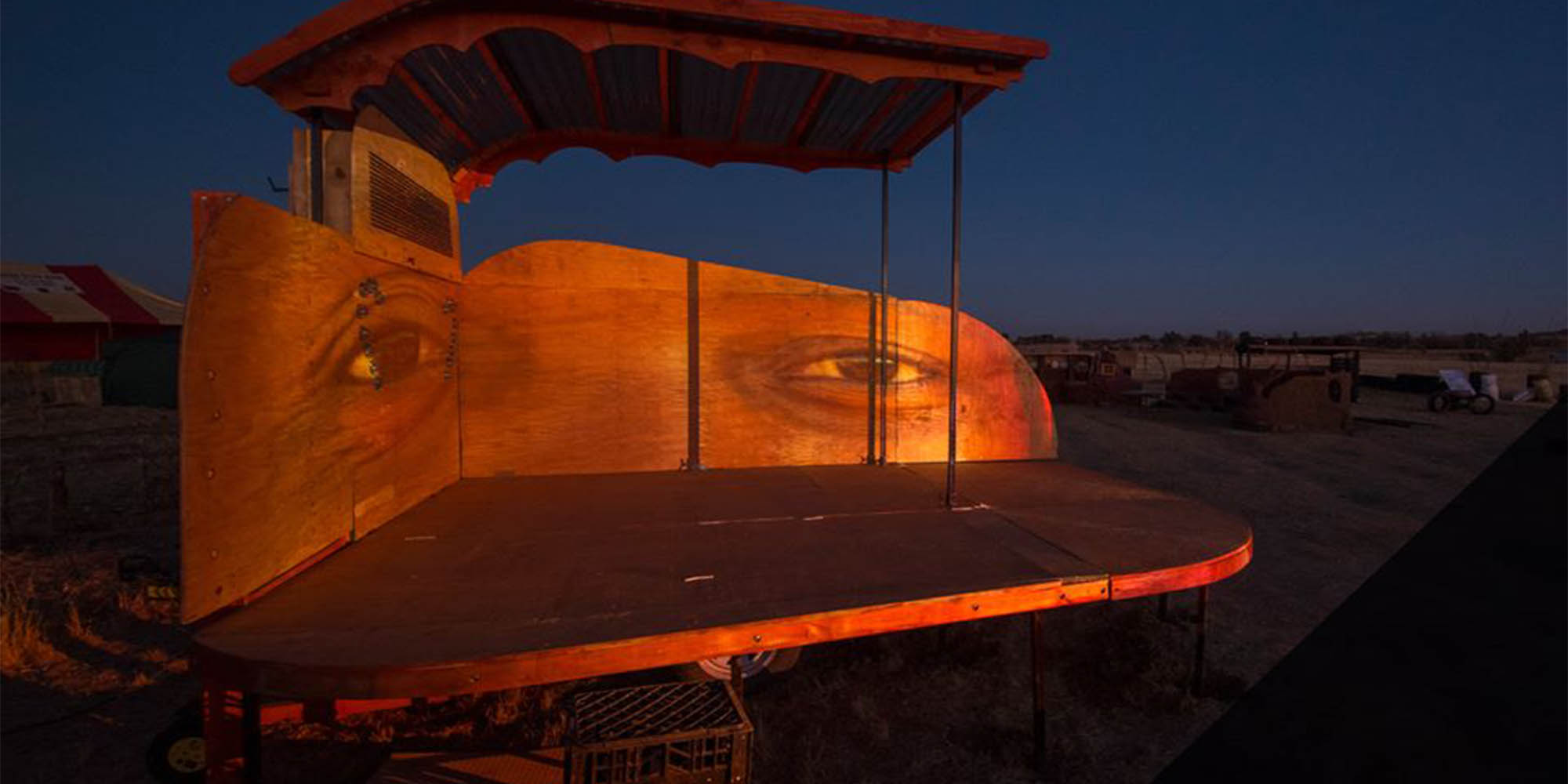

You can read more about the Ars Electronica Festival on this website. In addition, under the motto “Inside Festival” we have exciting new video contributions from all over the world for you every week and on our social media channels we’re also constantly providing you with outlooks and insights into what to expect this year. To see the other gardens, just click here.
